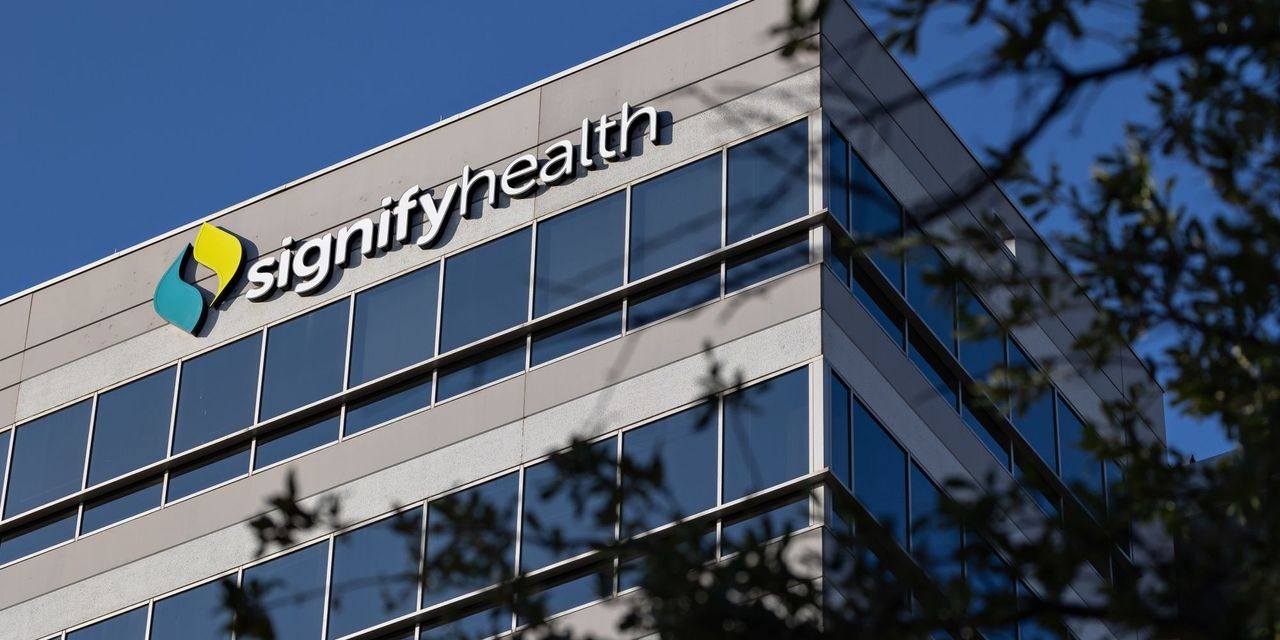[ad_1]

MarsBars
It may be hard for some to justify risking one’s capital in stocks when you can get a “risk free” money market account yielding ~4%. However, not all that glitter is gold, as those rates are subject to change.
While it may seem like a smart move to put money into a high yield savings account now, you would also miss out on the potential upside from buying hard assets that should appreciate in value over time.
This brings me to National Health Investors (NYSE:NHI), which has done rather well since my last bullish take on it in November, giving investors a 12% total return, far surpassing the 4.6% return of the S&P 500 (SPY) over the same time period. In this article, I highlight why NHI remains an attractive choice for long-term income investors.
Why NHI?
National Health Investors was founded 3 decades ago, and is focused on owning and leasing out healthcare-related properties, including Senior Housing and Skilled Nursing facilities. Its portfolio is generally located in population-dense areas along the East Coast, Sunbelt, Midwest, and West Coast regions of the U.S., across 32 states.
Senior-related assets are more labor intensive than other healthcare segments, and this segment has labor shortages and wage inflation over the past year. This has pressured NHI’s tenant profitability, resulting in it having to restructure leases on some troubled tenants.
The good news, however, is that the lease restructurings are having the desired effect, as trailing 12 month EBITDARM coverage for the senior housing segment improved from 0.98x to 1.14x during the last reported quarter. Also, NHI’s troubled operator, Bickford, has seen occupancy improvements since the start of the year.
Nonetheless, NHI may not out of the woods yet, as peer Omega Healthcare Investors (OHI) just reported its Q4 results, showing that FFO per share declined by $0.04 YoY to $0.73, as operator restructurings have pressured its bottom line. OHI’s CEO noted that Q1 should continue to feel the effects of deferred rents related to operator restructurings. However, he believes that operator performance should improve as the year progresses.
I see the potential for a similar trajectory for NHI, as its skilled nursing portfolio is also set to benefit from the 2.7% increase to the Medicare rate that was implemented in October of last year. Moreover, many states have implemented Medicaid rate increases in the second half of last year, and benefits of which should trickle in this year. Management is seeing good leading indicators in its SHOP (senior housing operating portfolio), as noted during the last conference call:
We feel like over the last six months, they’ve done a really good job of getting into the building and assessing talent. There’s still some things we’re doing inside the communities to make sure that they’re getting the right talent in place and hiring some more leadership, and it’s still on our culture. So we’re seeing that time turn and seeing more inquiry volume. So good leading indicators. Clearly, they need to get the move-ins and move occupancy, but that is really the focus here.
Also, NHI stands out among its peers with one of the strongest balance sheets. This includes having a net debt to EBITDA ratio of just 4.5x, sitting below the 5.3x of peer Omega Healthcare Investors, and right in between management’s targeted leverage ratio range of 4.0 to 5.0x.
This gives management plenty of flexibility, as this is reflected by execution of 2.5 million shares repurchased in 2022 as of November. Also encouraging, the dividend yield is currently an attractive 6.1%, and is well-covered by a normalized FAD payout ratio of 82%.
Lastly, NHI remains good value at the current price of $59 with a forward P/FFO of 13.1, sitting below its normal P/FFO of 14.1 over the past decade. Analysts expect a return to mid to high-single digit FFO per share growth next year and have a consensus Buy rating, with an average price target of $61.
Investor Takeaway
National Health Investors is well-positioned to benefit from a recovery in the senior housing segment, as it has strong balance sheet flexibility. This is supported by positive trends that support the potential for an industry recovery in the second half of this year. Meanwhile, investors are paid an attractive and covered 6.1% dividend yield to wait. As such, I find NHI to be a buy for patient income investors.
[ad_2]
Source link



